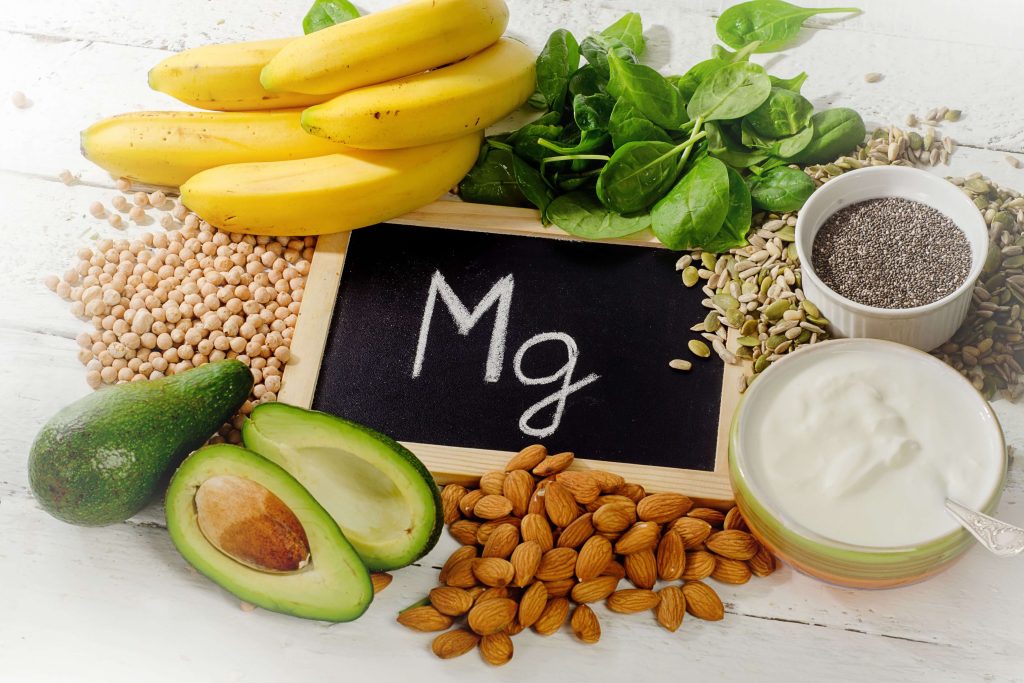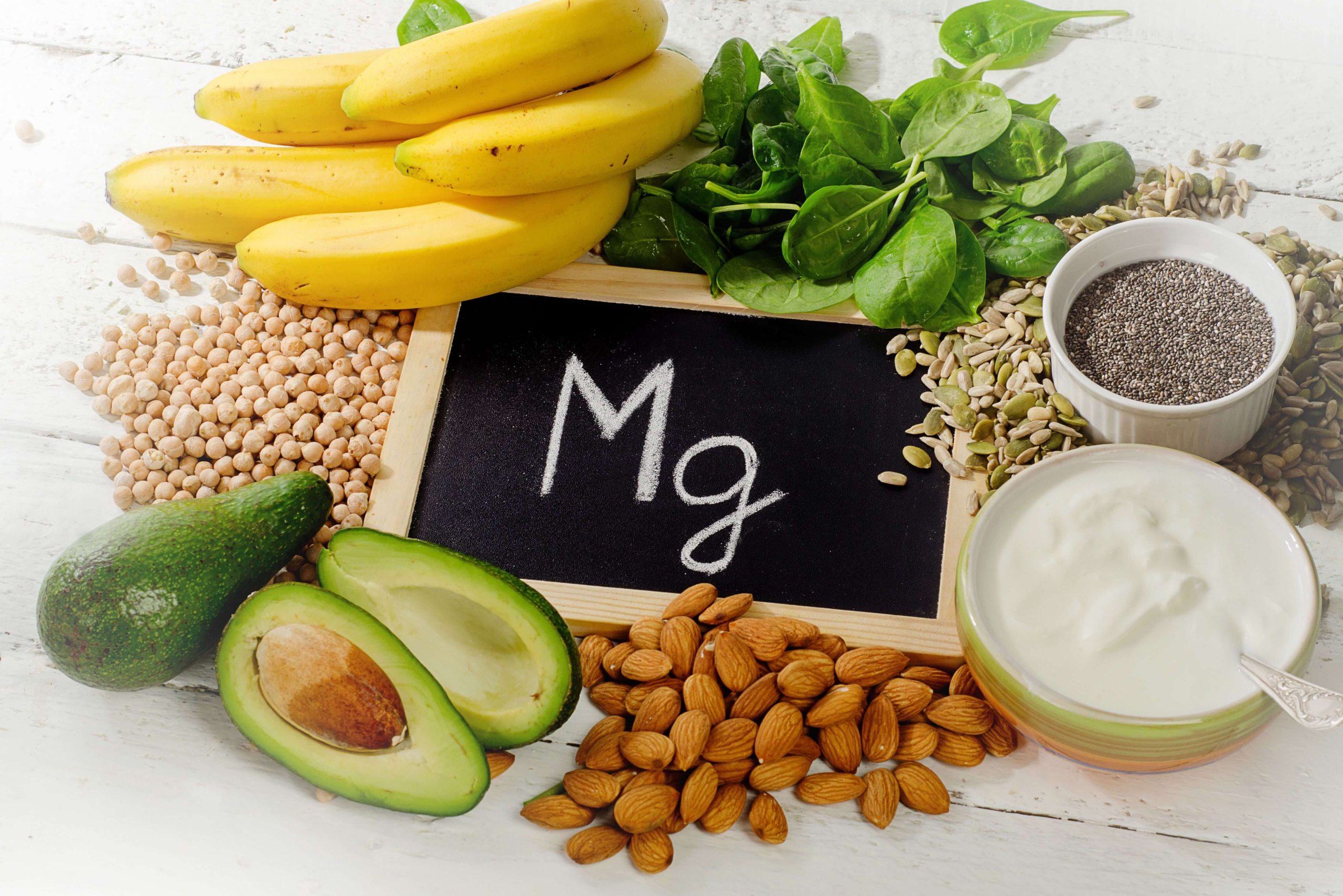
Sleep is an essential piece of the holistic health puzzle. An established body of research has identified links between a lack of sleep – particularly quality sleep – and many negative health effects. These include increased risks of heart disease, high blood pressure, diabetes and depression, along with reduced immune function. A few simple dietary tweaks can help to aid sleep onset and ensure quality shut-eye, not only reducing the risk of possible negative health effects, but also promoting a greater sense of wellbeing. Below, find our toolkit of dietary strategies to support your sleep.
Dietary strategies for quality sleep:
- Strike the right balance. It can be difficult to fall asleep after eating so much that you feel uncomfortably full, or too little that you are hungry again too soon. To aid sleep onset and quality, avoid eating too much or too little, noting that it may take some time – and trial and error – to determine what works best for you and your unique body.
- Be mindful of your body’s digestive capacity. It’s important to leave enough time for sufficient digestion before sleep, aiming to leave 2-3 hours between your final meal of the day is ideal for most. Most people can also comfortably consume easily-digested foods – higher in carbohydrates and lower in fats – closer to bedtime. These foods also reduce the likelihood of reflux.
- Avoid caffeine and other stimulants after 12pm. Although some individuals metabolise caffeine much faster than others, on average, caffeine takes 8-12 hours to metabolise. So, finishing caffeinated beverages (including coffee, tea and cola) by 12pm will allow the body to metabolise the majority of caffeine consumed before bed, so that it doesn’t disrupt sleep. If you enjoy a bit of dark chocolate, aim to have this at lunch time, rather than after dinner due to it’s high caffeine content.
- Increase intake of magnesium-rich foods. Magnesium is an important nutrient found in green leafy vegetables like spinach and kale, nuts and seeds, and wholegrains. It supports muscle relaxation and may help calm the nervous system in preparation for restful sleep. Increased magnesium intake may be particularly beneficial for individuals suffering from insomnia. There is a small amount of research that shows magnesium supplementation may assist with sleep, typically when there is a deficiency.
- Enjoy dietary sources of tryptophan. An essential amino acid, tryptophan supports the production of both serotonin and melatonin, which are chemical messengers that support the sleep-wake cycle. Pepitas, cow’s milk, chicken and cashews are all rich sources of tryptophan. Including a source of quality carbohydrate such as potato, brown rice or wholemeal pasta with your evening meal is also important, as carbohydrates stimulate the production of serotonin, which then produces tryptophan, which is the precursor for melatonin.
- Reduce alcohol intake. Although alcohol can actually aid sleep onset, it has a notoriously negative effect on sleep quality. Not only does it interrupt all-important REM sleep (which is important for brain development, memory consolidation and emotional processing,) but due to its diuretic effects (increases urination), it can also cause premature waking for the bathroom. To reduce your risk of adverse alcohol-related effects on sleep quality, minimise alcohol consumption and be sure to hydrate before drifting off to sleep.
- Enjoy a herbal tea before bed. A warm, soothing herbal blend can be a lovely ritual to help prepare for sleep. Not only can specific ingredients potentially impart (mild) sedative-like effects, the practise itself can help you to mentally mark the end of your day and signal time for rest. Look for ingredients like passionflower, lemon balm, lavender and chamomile.
For expert, personalised dietary advice, book your first appointment with one of our wonderful accredited practising dietitians today – they’d be thrilled to be part of your holistic health care team.
Written by Caitlin Branch, Student Nutritionist, and Amanda Smith, Accredited Practising Dietitian.
References:
Chattu, V., Manzar, M.D., Kumary, S., Burman, D., Spence, D., & Pandi-Perumal, S. (2019). The global problem of insufficient sleep and its serious public health implications. Healthcare, 7(1), 1-16. https://doi.org/10.3390/healthcare7010001
Drake, C., Roehrs, T., Shambroom, J., & Roth, T. (2013). Caffeine effects on sleep taken 0, 3, or 6 hours before going to bed. Journal of Clinical Sleep Medicine, 9(11), 1195-1200. https://doi.org/10.5664/jcsm.3170
Iao, S., Jansen, E., Shedden, K., O’Brien, L., Chervin, R., Knutson, K., & Dunietz, G. (2022). Associations between bedtime eating or drinking, sleep duration and wake after sleep onset: Findings from the American time use survey. British Journal of Nutrition, 127(12), 1888-1897. https://doi.org/10.1017/S0007114521003597
Ebrahim, I. O., Shapiro, C. M., Williams, A. J., & Fenwick, P. B. (2013). Alcohol and sleep I: Effects on normal sleep. Alcoholism: Clinical and experimental research, 37(4), 539-549. https://doi.org/10.1111/acer.12006
Mah, J., & Pitre, T. (2021). Oral magnesium supplementation for insomnia in older adults: A systematic review & meta-analysis. BMC Complementary Medicine and Therapies, 21(1), 125-136. https://doi.org/10.1186/s12906-021-03297-z
Miller, K. E., & Gehrman, P. R. (2019). REM sleep: What is it good for? Current Biology, 29(16), R806-R807. https://doi.org/10.1016/j.cub.2019.06.074
Paxton, F. (2015). Foundations of naturopathic nutrition: A comprehensive guide to essential nutrients and nutritional bioactives. Routledge.

